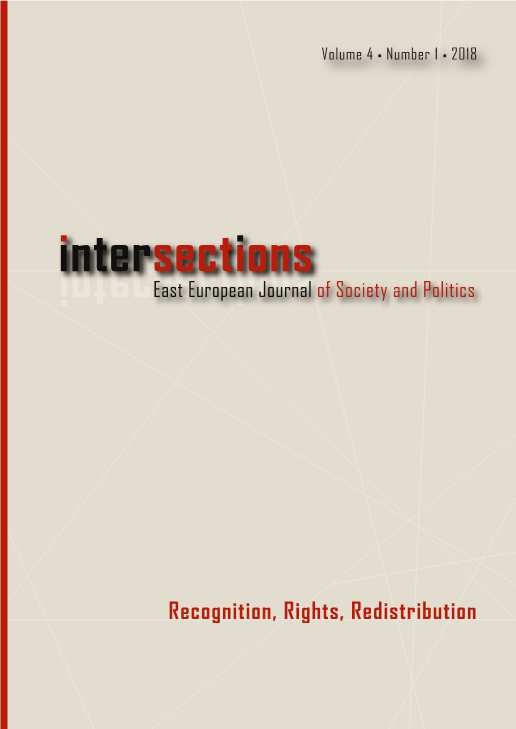From Pledge-Fulfilment to Mandate-Fulfilment. An Empirical Theory
From Pledge-Fulfilment to Mandate-Fulfilment. An Empirical Theory
Author(s): András Körösényi, Miklós SebőkSubject(s): Political psychology, Politics and communication
Published by: MTA Társadalomtudományi Kutatóközpont Kisebbsegkutató Intézet
Keywords: Mandate Theory; Electoral Pledges; Pledge Fulfilment; Saliency; Mandate Slippage
Summary/Abstract: The article presents a theoretical synthesis that could serve as the conceptual framework for empirical studies of the fulfilment of electoral pledges in modern democracies. Studies related to the program-to-policy linkage derived their hypotheses, for the most part, from an implicit, common sense model of mandate theory. The article presents a realistic version of positive mandate theory, one that is stripped of its normative assumptions and is suitable for empirical testing. It is informed by five theoretical building blocks: the concept of the binding mandate, the party theory of representation, the doctrine of responsible party government, modern normative mandate theory and the conceptual pair of delegation and mandate. The resulting framework incorporates the information content of the campaigns, the definiteness of the authorization and the strength of pledge enactment as its core components.
Journal: Intersections. East European Journal of Society and Politics
- Issue Year: 4/2018
- Issue No: 1
- Page Range: 115-132
- Page Count: 18
- Language: English

